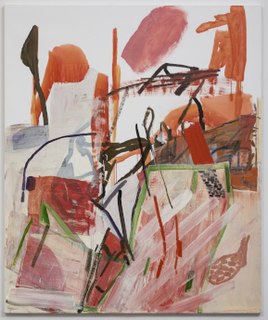A Quote by Janet Fitch
I'm incredibly restless. I read a lot of poetry. I also find myself reading the first 20 pages of everything, looking for something. And you know what? I'm usually looking for the book I'm writing. And it's not out there!
Related Quotes
Writing 'Hoop Roots' was a substitute or a surrogate activity. I can't play anymore - my body won't cooperate - so in the writing of the book, I was looking to tell a good story about my life and about basketball, but I was also looking to entertain myself the way that I entertain myself when I play.
About a year after (my stories began being published), magazine editor George Scithers, suggested to me that since I was so new at being published, I must be very close to what I had to learn to move from fooling around with writing to actually producing professional stories. There are a lot of aspiring writers out there who would like to know just that. Write that book.SFWW-I is that book. It's the book I was looking for when I first started writing fiction.
I love being in the archives, traveling, sitting in dusty places and looking at books with brittle pages. I love reading biographies and researching, to make myself informed about whatever political or historical time I'm writing about. From there, a lot of the emotional truths about my characters emerge.
If I'm reading something I happen to know and gets it wrong, I just don't trust the book any more. What I ask of a novel I'm reading is that it should know a fraction more about the things I know than I do. When I'm writing...I ask myself: would I be convinced by this if I read it? If I knocked against this bit of scenery, would it feel solid?


































